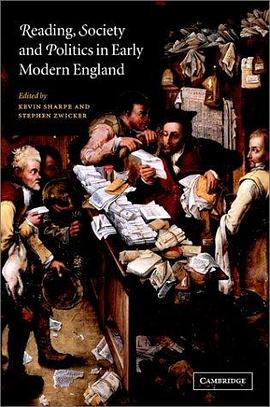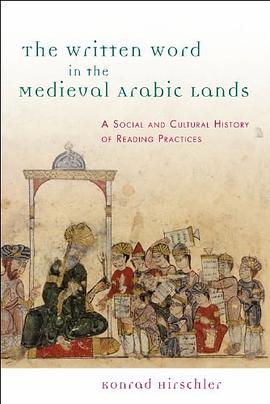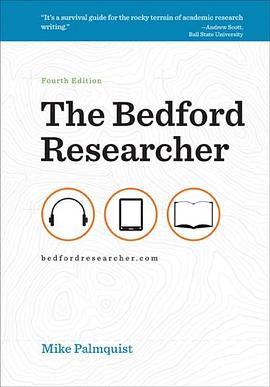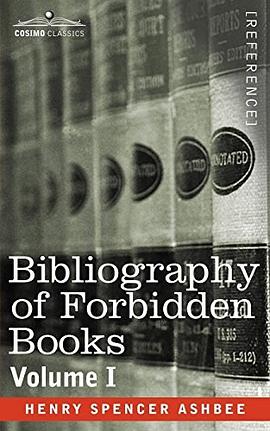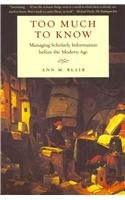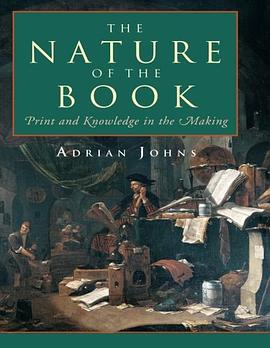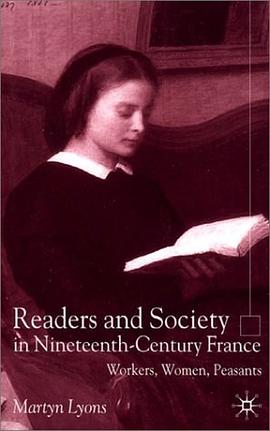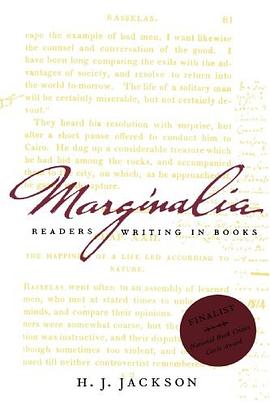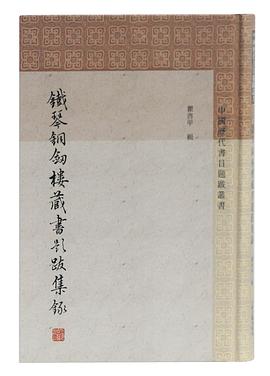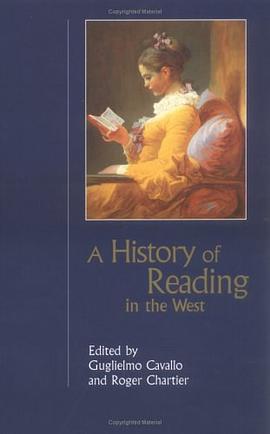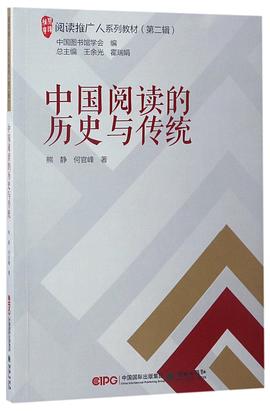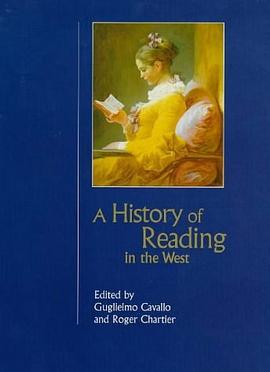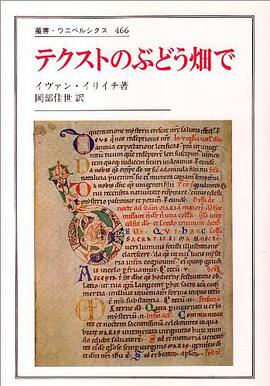

Though literature is not a technology, the historical models literary scholars use to describe literary history owe a great deal to the languages of originality, novelty, progress, and invention that core of the idea of technological development. No real surprise: putting progress at the center of historicity is one of the things that makes us moderns. But if you think like a modern person then it's very hard to ever really make a good case for why someone interested in the history of modern literary aesthetics ought to read the literature of the non-Western world. On Literary Worlds makes that case. It does so by rethinking from the ground up our concepts of literary history and progress, redescribing the history we know (or think we know) in a new language that requires us to be far more worldly and global in our arguments about literary change. To do, so, the book begins with an argument that literature is a world-creating activity. If that is true, then a number of scientific and economic discourses (globalization, e.g.) often considered as in some way outside of or "beyond" literature ought instead to be thought of as coeval with it, as partners in humanity's ongoing attempts to think about the nature of the world. The book reads those attempts as "cosmographies" whose social force, measured against the scientific, geographic, and philosophical history of world-concepts, shapes the "physics" of the socially possible. This theory of the cosmographical imagination leads to a claim that thinking worldedness revises existing models of literary history. Connecting the cosmographical imagination to the historical shifts in world-view caused by the Columbian discoveries and Copernican revolutions, On Literary Worlds shows how the very notion of the modern is, at heart, a cosmographical social form. The book does, therefore, three things: (1) it develops a vocabulary for the description of aesthetic worlds; (2) using that vocabulary, it rewrites the history of literature of the last 400 years; and (3) it criticizes the ways in which the institutional structures of literary study distort or limit our capacity to think about historical time.
具体描述
读后感
用户评价
从Elements of Academic Style以后我就觉得Hayot写书条理特清楚,然后他就写本书证明我错了……有可取之处,但需要再思考消化一下。
评分从Elements of Academic Style以后我就觉得Hayot写书条理特清楚,然后他就写本书证明我错了……有可取之处,但需要再思考消化一下。
评分不喜欢……对文学批评而言不知所云
评分不论是对作者、对他的对话对象(现有的世界文学史及世界史模式)和对读者来说,这本书都是极有挑战性的。理解的关键点在于它的“world”是如何从海德格尔的概念过渡到文学史模式的。然而,由于这一概念基本脱离了文学业内的”世界“概念,步子扯太大,因此很难得到对话,也很难被人采纳或借鉴,甚至它自己都不一定搞清楚它的理论诉求。不推荐,虽然,还得奉命为它写篇书评。。。
评分Part 1; world & modernism
相关图书
本站所有内容均为互联网搜索引擎提供的公开搜索信息,本站不存储任何数据与内容,任何内容与数据均与本站无关,如有需要请联系相关搜索引擎包括但不限于百度,google,bing,sogou 等
© 2025 onlinetoolsland.com All Rights Reserved. 本本书屋 版权所有


